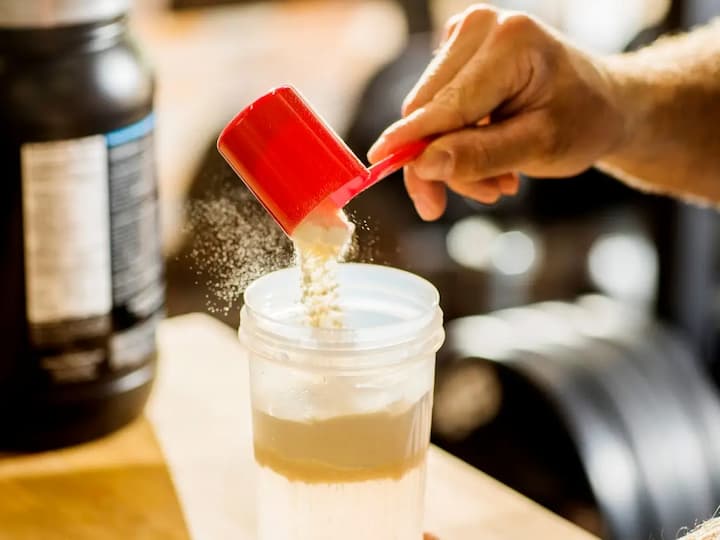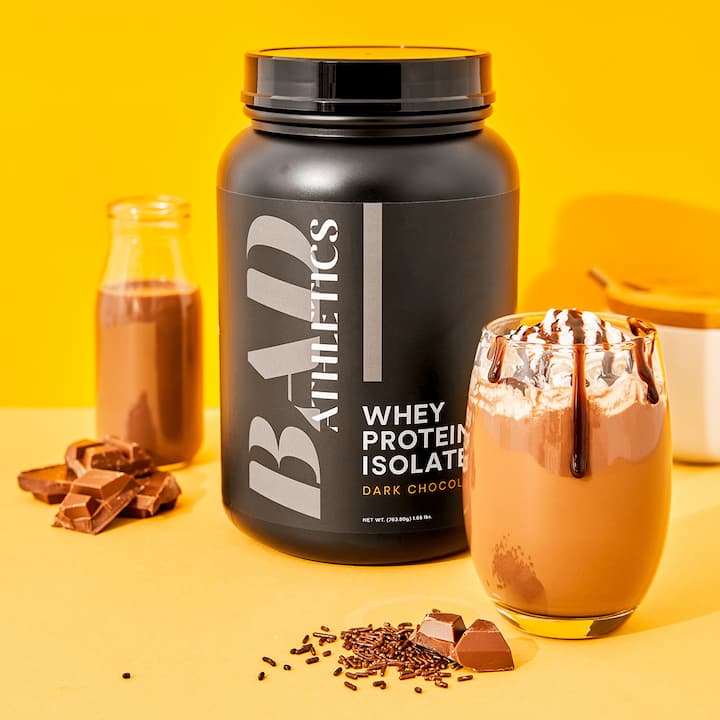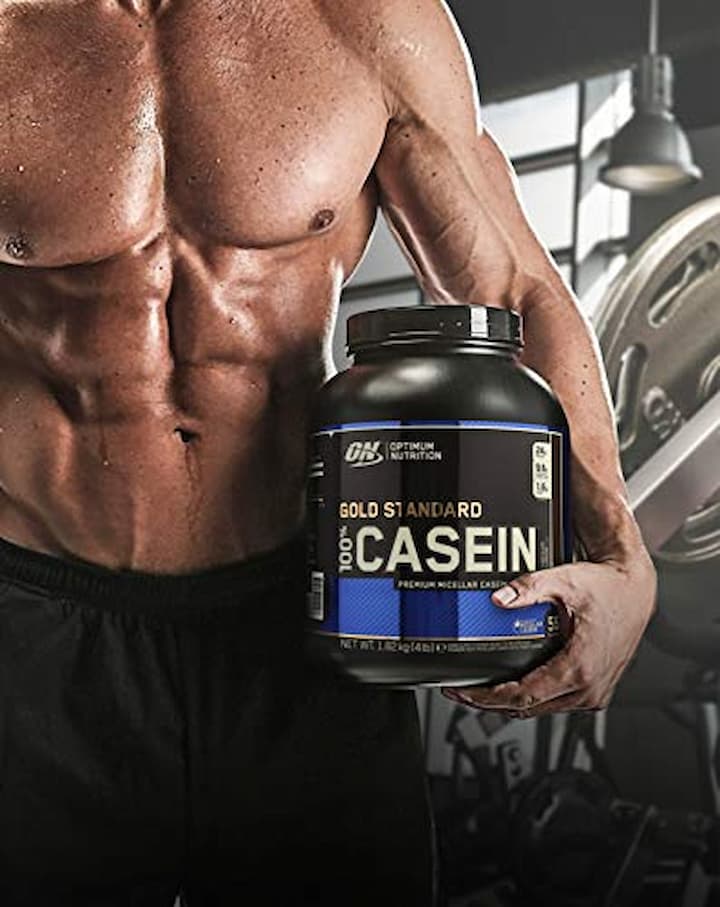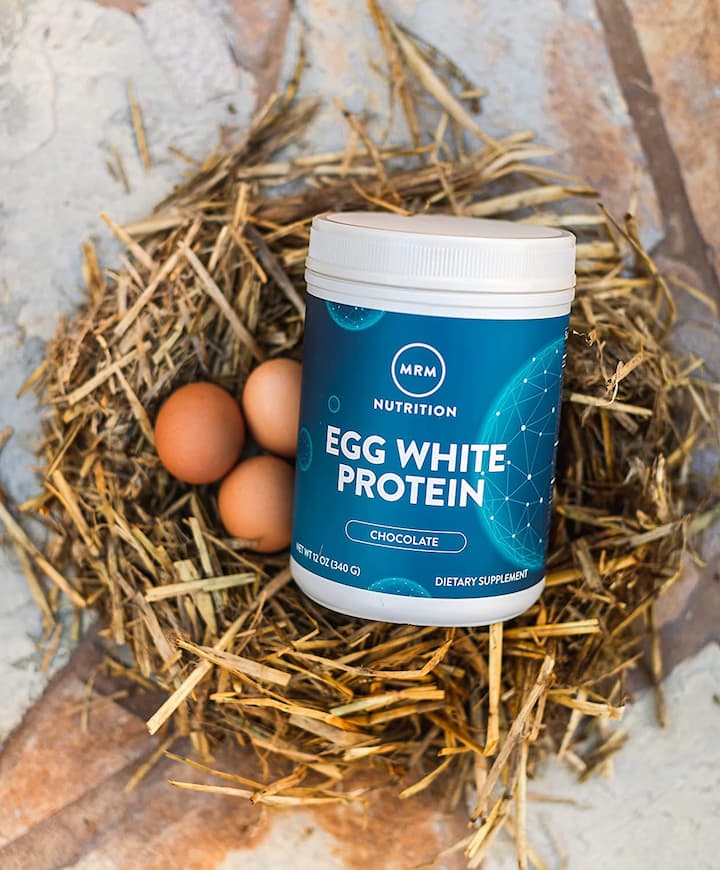Power of Fitness: The Lowdown on Protein Powder
When it comes to building muscle at the gym, fitness enthusiasts make a big deal about supplementing with protein before and after a workout. Protein shakes are widely thought to boost the effectiveness of your training by aiding in muscle building and recuperation. However, is consuming protein really that vital for your workout routine?
What is Protein Powder and the Benefits of Using One

Protein is a macronutrient, which means it is one of the three important nutrients we require every day to survive and remain healthy. Protein is high in amino acids required for muscular building, which explains its appeal among bodybuilders. Protein in the form of powder is edible protein that has been finely crushed or milled so that it may be easily blended with liquid to make a smoothie, or added to baked products and even savoury dishes.
Sometimes it might be difficult to get enough protein through food alone, so it is easier to buy protein powders instead. By supplementing with a high-quality protein powder, you can improve your recovery rates and boost muscle building, toning, and fat loss.
Protein is required for various body activities, including fluid balance, enzyme production, and tissue repair and development. While powders are more popular among younger, more active people, supplementary protein may also be a helpful source of nutrition for sedentary adults, particularly the elderly. Skeletal muscle loss has been documented in studies, and when this is related to a lack of protein consumption, protein powders may be useful in preventing muscle loss in older persons.
This nutrient is also necessary for muscular development. It aids in the faster and more efficient development of muscular tissue and muscle mass. Protein supplements, according to research, increase muscle size and strength in healthy individuals who engage in resistance exercise training, such as weight lifting. which makes it one of the many reasons whey protein should be a part of your daily routine.
Different Types of Protein Powder
There are several manufacturers that sell different types of protein powder, which can get rather confusing for the average gym-goer. Each type has various chemicals, ingredients, and effects on your body. So, before you go to the store and end up spending money on some shake that actually irritates your gut, you need to learn which protein is ideal for you and your fitness needs.
Whey Protein

Whey protein is obtained from milk and plays an important function in muscle formation and growth. It’s high in protein and contains branched-chain amino acids, which aid in muscle rehabilitation. It is one of the greatest forms of protein powder for muscle growth. It helps with muscle strengthening, strength training, and endurance activities. Whey is one of the purest types of protein and one of the easiest to digest. The only thing to keep in mind is that it contains lactose, which may not be suitable for persons who are allergic to it.
Casein Protein

Casein protein is derived from milk in the same way as whey, however unlike it, casein is absorbed and digested at a considerably slower pace. When casein comes into touch with stomach acids, it absorbs slower than whey protein. Casein protein is popular for weight loss, and when consumed in moderation, it may do wonders for the body! If you are lactose intolerant, you should see a doctor before using casein protein.
Egg White Protein

It’s clear that this protein powder is made from dried egg whites. The absorption rate of egg protein is lower than that of whey but higher than that of pea protein. It’s an excellent protein powder to use if you’re trying to lose weight. Egg white is not only cholesterol-free, but it also has no fat. People frequently include egg white protein and drink it as a meal replacement drink or smoothie. It will work excellent for you if you have it instead of a full meal dinner.
Plant-Based Protein

Some of the better sources of natural protein that are devoid of animal protein are plant-based protein powders. They aid in the development of muscle and tissues, however, they may be difficult to digest. Despite this, they are high in fibre and include a variety of critical nutrients. All vegans and vegetarians should start with this type of supplement. It assists in weight loss since it is plant-based and has extremely few calories, as opposed to animal protein.
How to Use a Protein Powder
The most well-known implementation of these powders is in a shake. A scoop of protein powder and water make up the most basic protein smoothie. The powder is nearly usually flavoured since it has a disagreeable taste on its own. To make your protein shake even more appealing, mix it with anything other than water. Coconut water and milk are some tasty suggestions.
You can also use these supplements to make raw food protein treats like bars and balls. In a food processor, combine rolled oats, a scoop or two of protein powder, and your favourite nut butter until smooth. You can add honey, ground almonds or other ground nuts to taste, but keep in mind that the calories can quickly mount up. If you want to lose weight, cut out on the extras. Form the mixture into balls, then store them in the fridge for a couple of hours to firm up and keep their shape.
The powder can also be used as a secret ingredient in baked products to increase their protein content. Pancakes, which are not known for their high protein content, can be improved by substituting protein powder for a portion of the flour in the recipe. But keep in mind that not all protein powders are made equal, especially when it comes to baking.
Pea protein has a stronger flavour, so you may need to use less of it in some recipes, whereas too much whey protein can turn any baked dish into cardboard. The trick is to find recipes that complement the overall flavour and texture of the powder you use.
